Technician seeking additional training

Foundations of Supply Chain Management
Unlock the foundational and advanced knowledge you need to tackle, resolve and manage complex problems that confront supply chain managers in the microelectronics industry and beyond through data-driven approaches that increase efficiency, adaptability and sustainability of business practices.
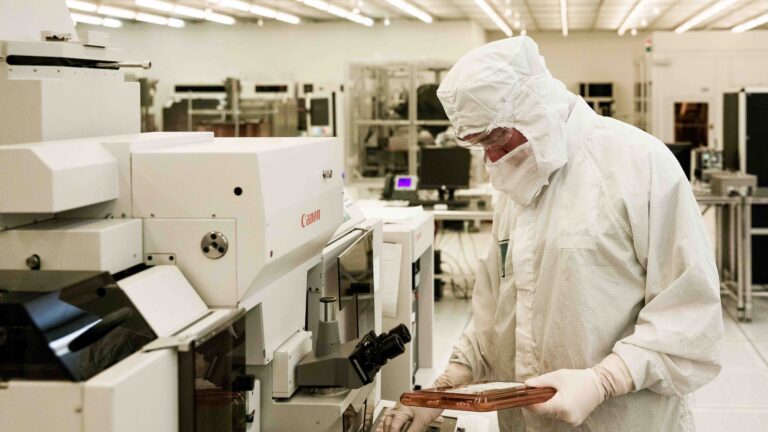
Design of Experiments
The Design of Experiments Specialization offers training in the experimental tools and methods that are widely used in the microelectronics industry to improve products and processes. The four-course specialization is offered in a fully online, asynchronous format that provides maximum flexibility for current workers.

Designing Anti-Fragile Microelectronics Supply Chains
Microelectronic design, fabrication, manufacturing, and transportation networks extend farther across the globe each day. Learn crucial skills to strengthen each link of these increasingly long and complex supply chains with the Designing Anti-Fragile Microelectronics Supply Chains certificate.
Future Trends in the Semiconductor Industry
Improve your understanding of current and future trends in the semiconductor industry through curriculum that addresses consumer and industrial applications of microelectronics, technology drivers, industrial processes, supply chains and overviews of materials for semiconductor fabrication.

Introduction to Quality and Program Management
This course offers students the ability to develop practical total quality management skills for application in real-world use cases, including the microelectronics industry, by addressing continual improvement of people, processes, products/services, and environments to enhance the process and outcomes of project management
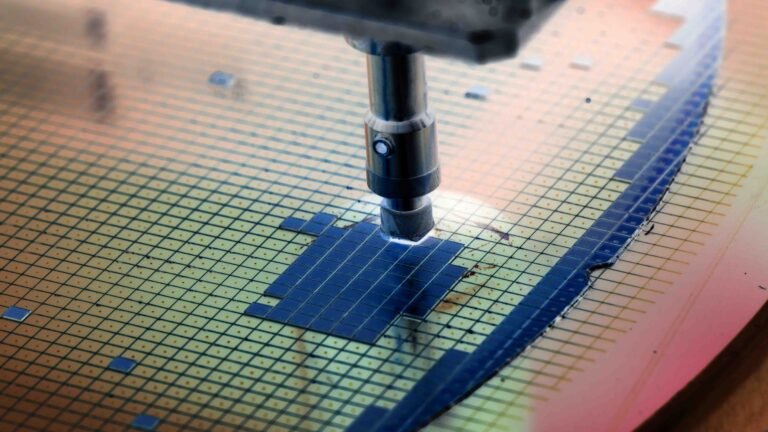
Additive Manufacturing – Microelectronics
Learn about the growing field of additive manufacturing through an introduction to six different processes widely used in the microelectronics industry. This specialization is designed for learners interested in the applied basics of additive manufacturing processes and designs, including specific 3D printing methods.
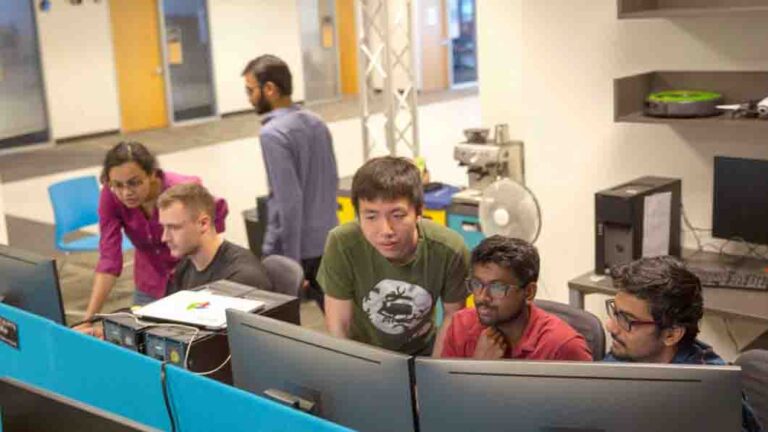
Software Engineering, BS
The BS program in software engineering blends engineering, computing, project leadership and software construction, equipping students to develop creative software solutions to challenges in microelectronics and other industries. Graduates of the program will possess the knowledge and skills of a defined engineering approach to complex systems analysis, planning, design and construction.
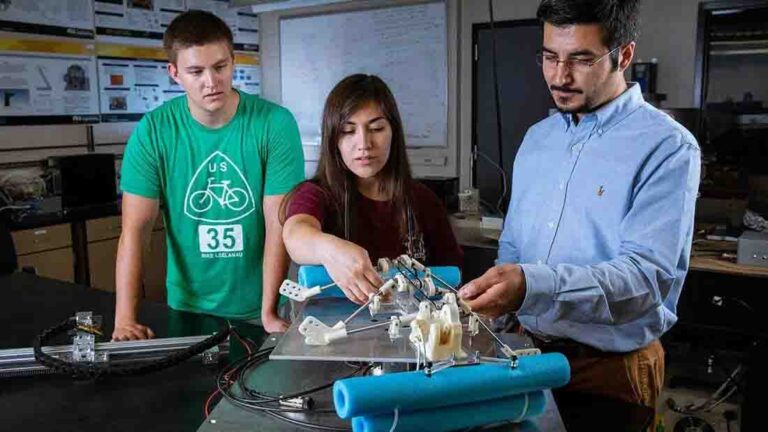
Mechanical Engineering, BSE
Mechanical engineering is a creative, diverse discipline with application in the microelectronics industry and beyond. The mechanical engineering BSE curriculum includes the study of the principles governing energy transfer, mechanical design, sensors and control devices and the application of these principles to the creative solution of practical modern problems.
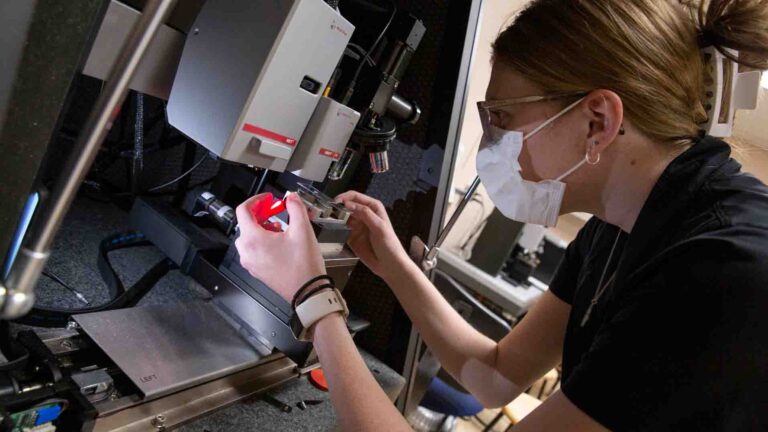
Supply Chain and Sustainable Materials
This course highlights the economic, health, and social impact of sustainable supply chains and materials and introduces frameworks for using them in microelectronics and other industries for triple-bottom line impact.

Materials Science and Engineering, BSE
The BSE in materials science and engineering addresses the discovery, synthesis, processing, manufacturing and characterization of substances widely used in the microelectronics industry, including sustainable materials, polymers, metals, semiconductors, ceramics and composites. The program prepares students to discover and design new and better materials.